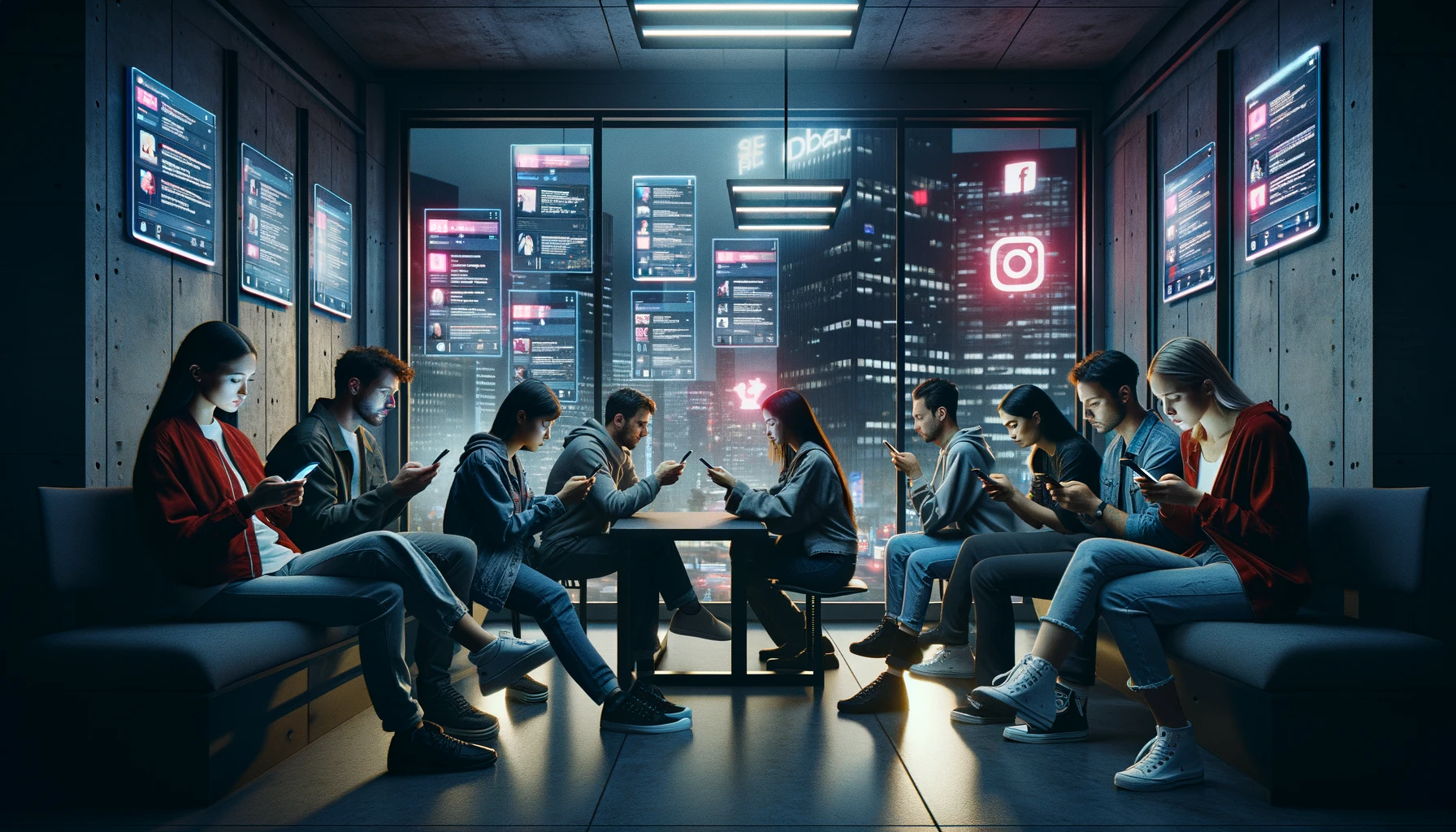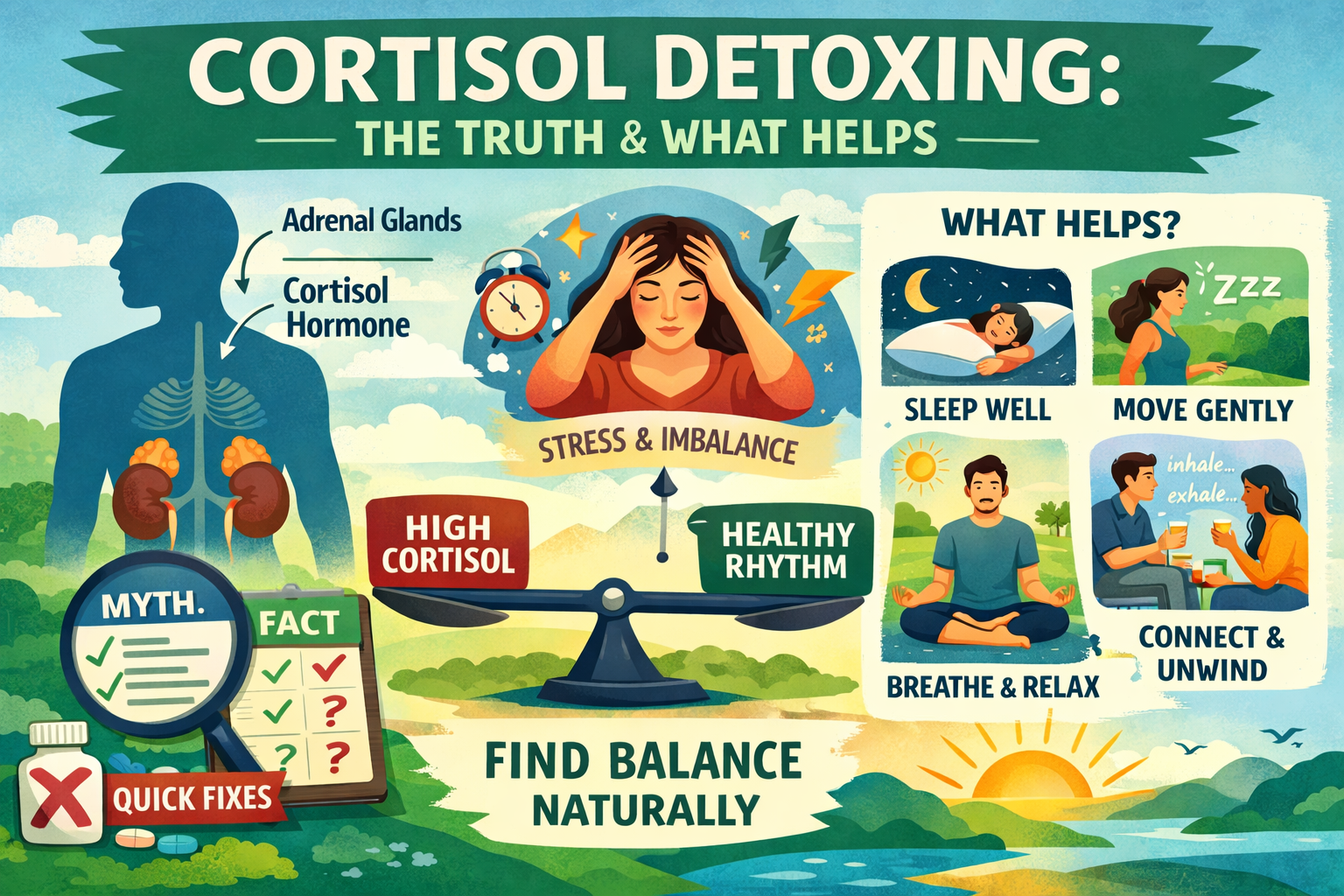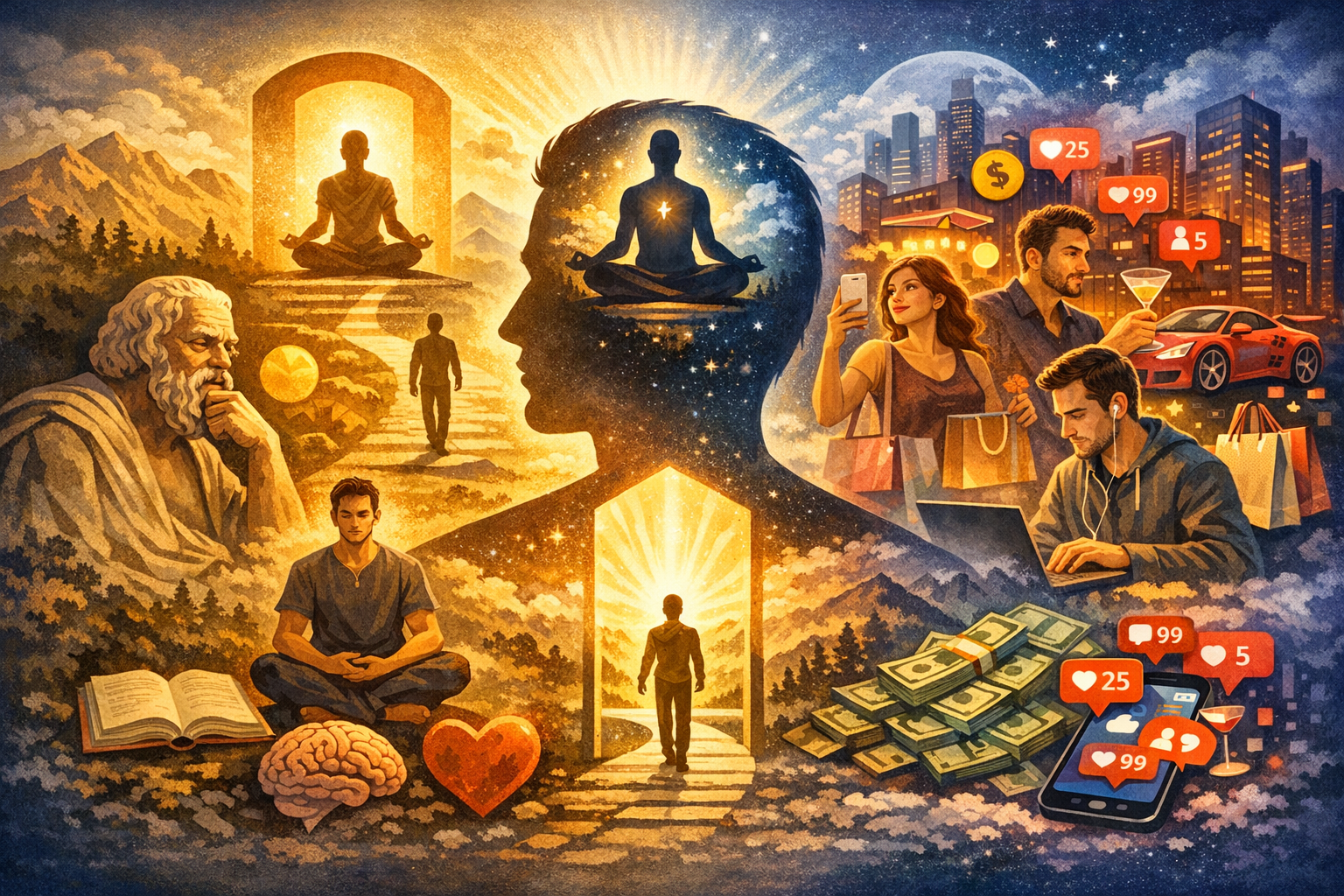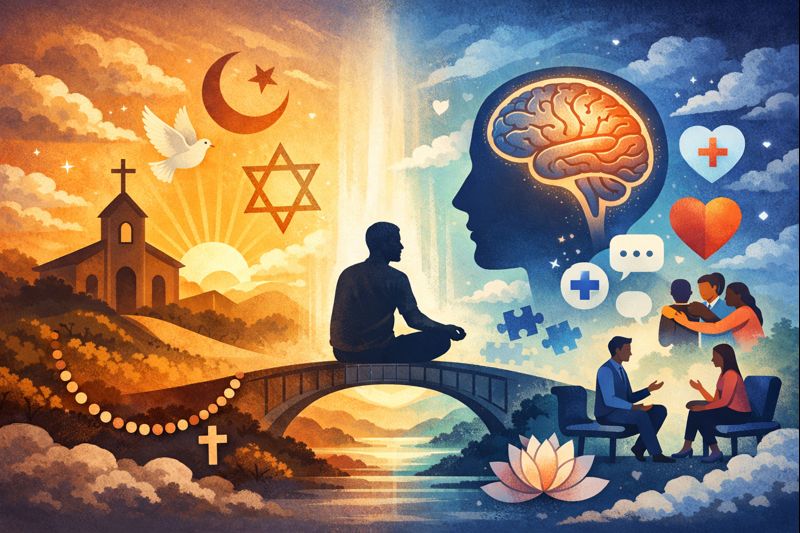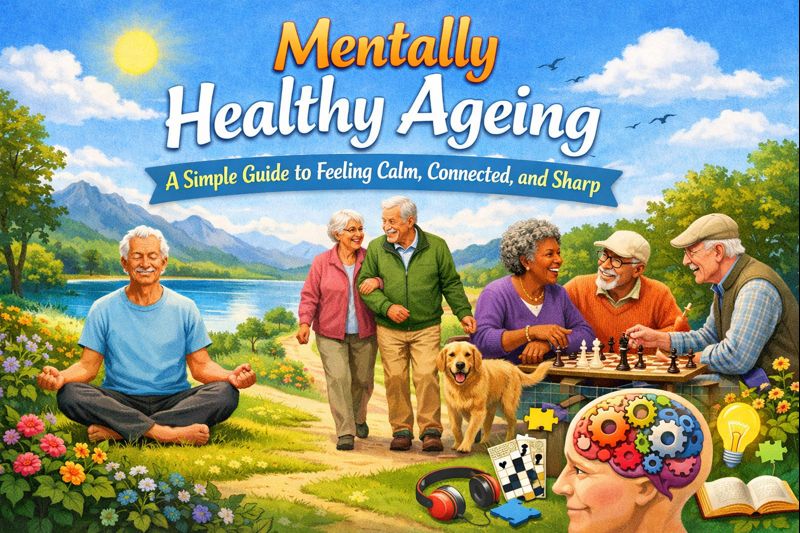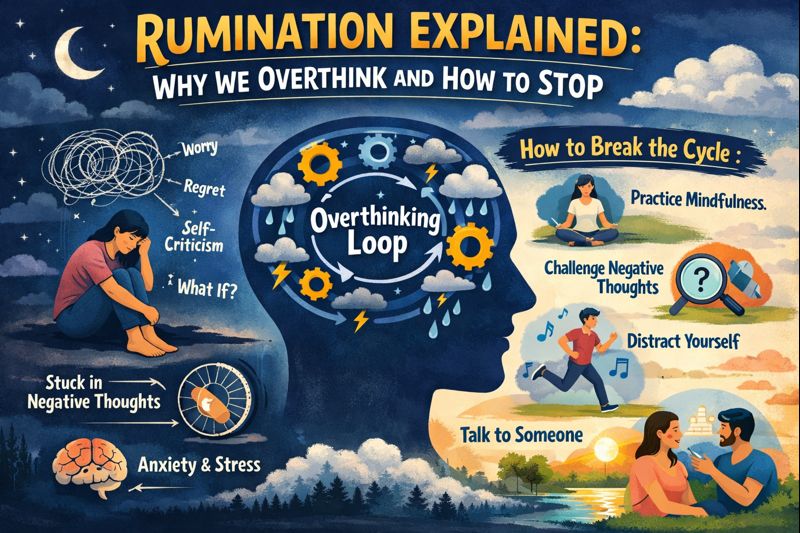(How Social Isolation Leads to Loneliness and Mental Health Issues)
Introduction
In today’s digital age, we are constantly bombarded with messages, notifications, and images. It is an ‘information overload’ age. Social media platforms promise instant connections and belonging, yet a puzzling paradox emerges. Despite being hyperconnected, many people report feeling increasingly isolated and lonely. We are getting connected with thousands of so-called friends in a virtual world but in reality, we are becoming socially isolated. Sadly, it’s an unintended consequence of social media.
This article delves into the unintended consequences of our digital world, exploring how social isolation fostered by excessive screen time can negatively impact mental health. By understanding the dangers of virtual disconnection, we can work towards building healthier and more fulfilling relationships in the real world.
The Paradox of Hyperconnectivity
We live in a hyperconnected world. We can reach anyone, anywhere, at any time. Social media platforms like Facebook, Instagram, and Twitter connect us to friends and family. However, despite these connections, people often feel lonely. This paradox can be explained by the quality of our interactions.
Nature of Social Interactions
Having many online friends does not mean having deep, meaningful relationships. Quality matters more than quantity. Genuine human connections require face-to-face interactions. Online communication lacks the depth and emotional exchange of in-person conversations. This lack of meaningful connections can lead to feelings of loneliness.
The Impact of Social Media
Social media has both positive and negative effects. It can help us stay in touch with loved ones. However, it can also make us feel inadequate. People often compare their lives to the highlight reels they see online. This comparison can lead to feelings of envy and low self-esteem. Spending too much time on social media can also reduce the time spent on real-life relationships.
Social Isolation and Loneliness
Social isolation occurs when someone has little or no contact with others. Loneliness is the feeling of being alone, regardless of the amount of social contact. Both social isolation and loneliness can have serious consequences for mental health.
Mental Health Issues Related to Loneliness
Loneliness can lead to a range of mental health issues. These include depression, anxiety, and stress. Chronic loneliness can affect physical health too. It can lead to high blood pressure, heart disease, and weakened immune systems. The mind and body are closely connected, and loneliness can harm both.
Why Are We More Isolated?
Several factors contribute to increased social isolation. Technology is a major factor. While it connects us, it also keeps us apart. Many people prefer texting to talking. They choose social media over face-to-face meetings. This shift reduces the quality of interactions.
Urbanization is another factor. More people live in cities, where life is busy and fast-paced. Neighbours often do not know each other. Communities are less close-knit than in the past. Work culture also plays a role. Long working hours and stressful jobs leave little time for socializing.
The Role of Mental Health Stigma
Mental health stigma prevents many people from seeking help. They fear judgment and discrimination. This stigma adds to the isolation. It is important to talk openly about mental health. Breaking the stigma can help people feel less alone.
How to Combat Social Isolation and Loneliness
Prioritize authentic connections: Make face-to-face interaction a priority. Schedule tea/coffee dates with friends, or explore shared interests by joining gatherings, clubs, or groups. Neighbourhood park is an excellent example to go for daily walk and get connected with many other friends, neighbours, and colony residents. Often, they celebrate special days collectively and make the gathering lively and interesting. This real-life interaction fosters deeper connections and a stronger sense of belonging.
Social media detox: Our hyperconnected world can ironically leave us feeling isolated. Enter the social media detox: a temporary break from platforms like Facebook and Instagram. This is not about deleting your accounts forever, but rather taking a step back to reclaim control of your time and mental space.
By limiting your social media intake, you can free yourself from the constant barrage of curated feeds and unrealistic comparisons. This detox allows you to refocus on real-life connections and activities that bring you joy. You might be surprised by how much extra time you have and how much better you feel after disconnecting to reconnect with yourself and the world around you.
Seek Professional Help: No one should hesitate to seek professional help if feelings of loneliness or isolation become persistent and overwhelming. Therapists are trained mental health professionals who can provide a safe and supportive space to explore the root causes of your loneliness. Through therapy, you can develop coping mechanisms to manage difficult emotions and build healthier social connection skills.
Therapy can also help identify underlying conditions like depression or anxiety that might be contributing to your feelings of isolation. Remember, seeking professional help is a sign of strength, not weakness. It demonstrates your commitment to your well-being and your desire to create a more fulfilling and connected life.
Build a Support Network: Cultivate a strong support network – these are the people who become your cornerstones during challenging times. Nurture existing relationships with family and friends, and don’t hesitate to reach out to colleagues who you connect with on a deeper level. Building this support system allows you to share your feelings openly, knowing you’ll be listened to and understood.
Engage in Activities: Additionally, engaging in hobbies and activities you enjoy is a fantastic way to combat loneliness. Join a class or group focused on your interests – whether it’s a book club, a sports team, or a volunteer organization. Surrounding yourself with people who share your passions creates a sense of community and belonging, while also providing opportunities to develop new friendships.
Conclusion
In a hyperconnected world, social isolation and loneliness are growing problems. The quality of our social interactions matters more than the quantity. Social media can create a false sense of connection. Real-life interactions are essential for mental and physical health. Understanding the impact of loneliness and taking steps to combat it can improve overall well-being.
By prioritizing genuine human connections, limiting social media use, and seeking help when needed, we can build a more connected and healthier society. Breaking the stigma around mental health is also crucial. Let’s work together to create a world where everyone feels connected and supported.


